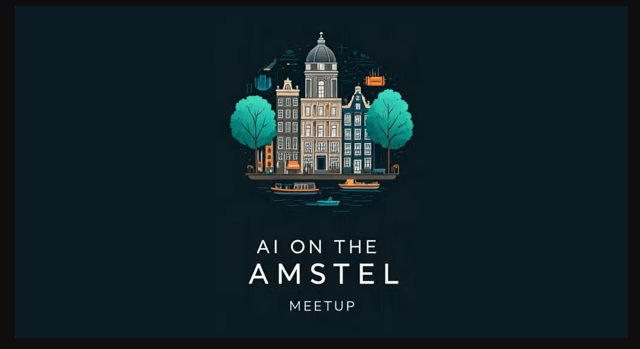
LSH Capital Match
Date: November 28
Time: 13:00 - 17:30
Location: Health & Innovation District Amsterdam (Hid)
The LSH Capital Match event offers a unique opportunity for healthcare startups to access funding, scale up their innovations, and bring their technology to market. On November 28, 2024, startups, investors, and experts will gather at the Health & Innovation District Amsterdam (Hid) to meet and learn from each other.
At this event, you can participate in matchmaking sessions, workshops like the Health~Holland Venture Challenge, and hear from experienced entrepreneurs and investors such as Davide Ianuzzi and Vincent Vierhout. The goal is to facilitate investments and accelerate innovations that will shape the future of healthcare.
LSH Capital Match is organized in collaboration with UMC Amsterdam, the University of Amsterdam, Vrije Universiteit Amsterdam, Rabobank, and the North Holland Innovation Fund. The event offers an ideal platform for startups to take that crucial next step toward securing funding.
Aankomend >
Upcoming events

September 18
AI on the Amstel x Amsterdam AI: Unpacking AGI hype vs. reality
read more >

September 24 & 25
TechEx
read more >

September 25
Digital Sustainability Conference
read more >